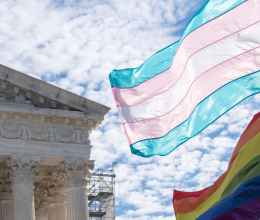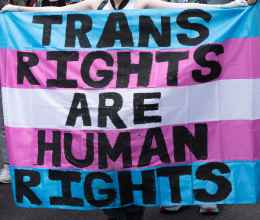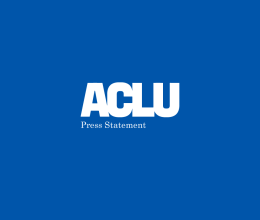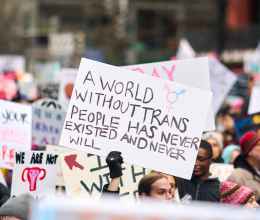
As a front-line election worker, poll workers help make sure voters feel welcome as they exercise their fundamental right at the ballot box on any given Election Day. They also make sure every vote is counted. (Literally, they count the ballots!)
We’re grateful for poll workers who support the politcal process and encourage more North Dakotans to consider dedicating their time to making sure everyone has access to the ballot box.
Note: The following advice is meant to support respectful interactions with transgender and gender non-conforming voters at the polls. Democracy works best when every eligible North Dakota voter participates.





